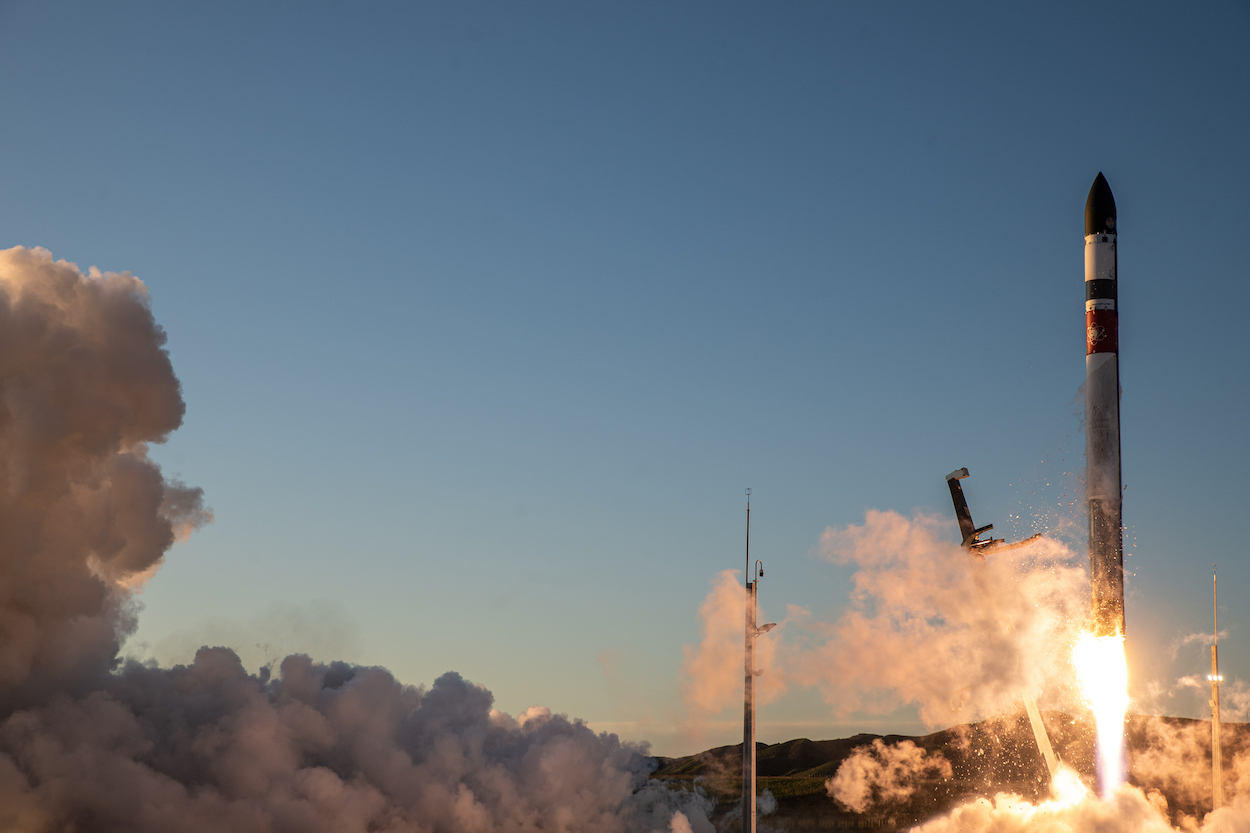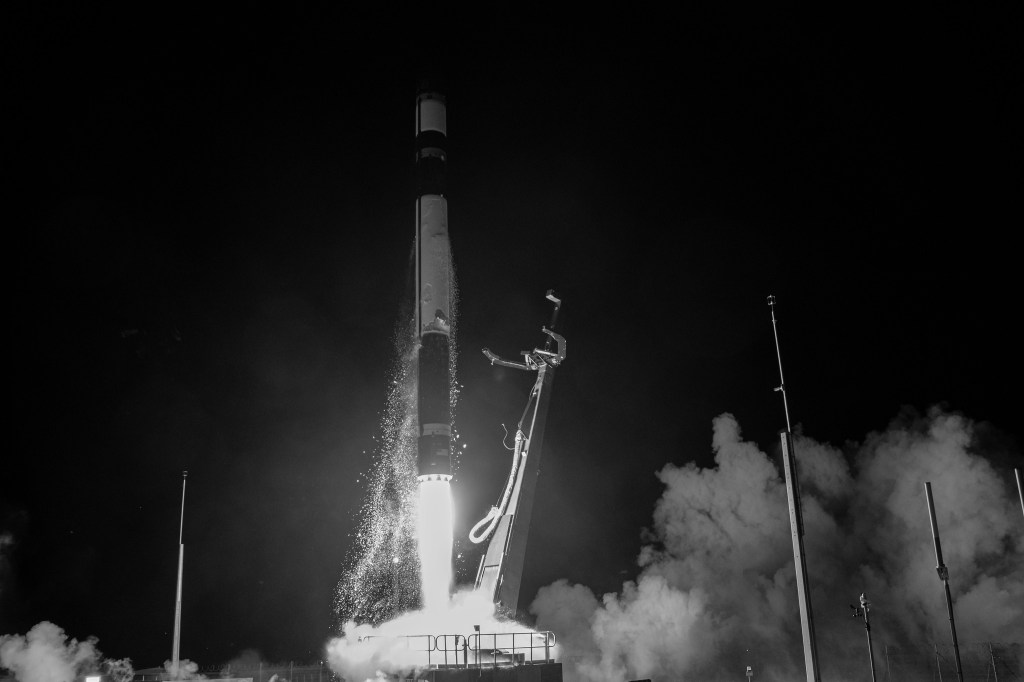
Rocket Lab, the leader of the SmallSat launch market, has completed its “Back to Back” launch campaign for the National Reconnaissance Office. This marks a major cadence milestone for the company working to become the SpaceX of SmallSat launches.
Rocket Lab completes back to back launches for the NRO
NROL-199 was a classified mission developed jointly between the U.S. NRO and Australia’s Department of Defense. This mission comes just three weeks since its partner mission NROL-162 launched from the same complex.
This was the first back to back launch from Rocket Lab’s LC-1A and LC-1B pads, both in Mahai, New Zealand. The launches were contracted under the NRO’s Rapid Acquisition of a Small Rocket contract which aims to streamline how the NRO purchases flights for its national security payloads. In recent years, the DoD has been looking to become more agile in how it acquires both launches and satellites for its missions.

Usually the NRO will pay a major defense contractor hundreds of millions to build a large satellite over almost 10 years, then contract the launch to either ULA or SpaceX (the only two companies qualified to launch these large, sensitive payloads) several years out. This whole process is long, expensive, and usually means the satellites you get are using 10 year old technology. The transition will take time, but these launches by Rocket Lab are a step toward making that goal a reality.
The next Rocket Lab launch could be from the US
National security missions like these were originally only slated to launch from Rocket Lab’s U.S. launch site on Wallops Island in Virginia. However, delays due to COVID and verification by NASA of the company’s automatic abort system caused these launches to be allowed to move abroad.
Launch Complex 2 is ready to start launching payloads. The first Rocket Lab Electron rocket to launch from U.S. soil is slated for December of this year for HawkEye 360. Virginia will also be the launch site of Rocket Lab’s proposed Neutron rocket. A purpose built, partially reusable rocket for the mega-constellations of the near future. No hard timeline has been given for when we will see it fly as Peter Beck, Rocket Lab CEO, has stated he doesn’t want to give deadlines to the public he’s not sure they will meet.
FTC: We use income earning auto affiliate links. More.




Comments